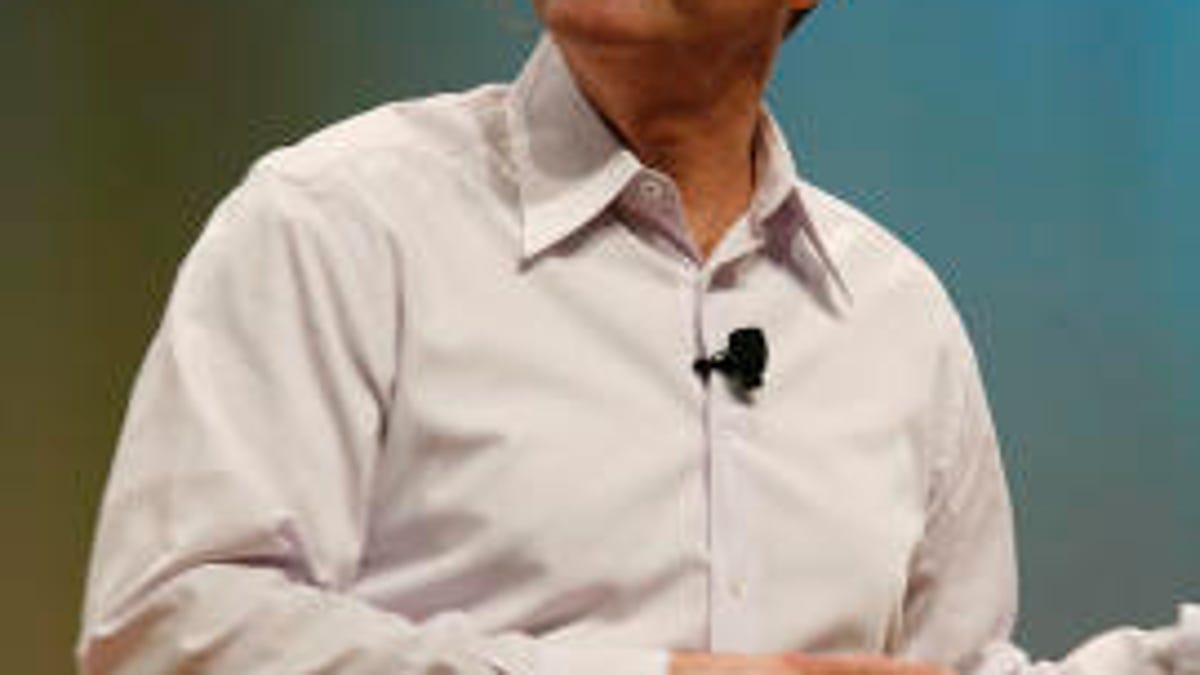Palm CEO holds court on patents, Pre
Despite speculation that Apple was thinking about taking legal action against Palm's Pre, Palm's CEO thinks Apple was just staking out a defensive position.

Palm CEO Ed Colligan does not appear worried about the recent flap over Apple's multitouch patents.
Apple COO Tim Cook touched off a storm of speculation a few weeks ago when he declared Apple's willingness to go after anybody who tries to rip off the iPhone's intellectual property, and based on the context of the question posed to him, it appeared he was sending a warning shot across the bow of Palm's Pre smartphone. But Colligan downplayed the significance of the dispute Wednesday morning at the Thomas Wiesel Technology and Telecom Conference in San Francisco.
Companies assemble patents and make sure the industry is aware of their portfolio with defensive purposes in mind, Colligan said.
The whole area of patents is elaborate; (there are) a lot of issues there, and a very complex area. One of the things we've done over 15 years is build a very extensive patent portfolio in the mobile computing space, one of the highest-rated patent portfolios in this space, which contains more than 1,500 patents. And the reason you do that is to have a defensive position in the marketplace. It's kind of like two little porcupines going around, and you don't want to touch each other because you might get stung. You peacefully coexist and everything's OK and we keep working together.
Colligan took great pains to point out that no legal action has taken place between Palm and Apple as of this morning, and blamed "speculation" for much of the hand-wringing over whether a recently awarded patent for Apple's iPhone would prompt the company to go after Palm, especially in light of Cook's comments. Patent law is indeed complex, as anyone who has followed a patent trial can attest; patents can be interpreted in very different ways by judges and juries, and cases can drag on for years.
Still, any legal challenge would likely wait until after the Pre ships. Colligan did not shed any more light on that question, but addressed a number of Pre-related issues during his talk, as pieced together by PreCentral.
The Palm OS is officially dead, having been on life support for nearly five years. Palm will concentrate on its WebOS phones, such as the Pre, and its Windows Mobile phones in the future, Colligan confirmed.
Palm will offer a central application storefront, as expected, but will also let Pre owners download applications from external sources, one of the key questions following the device's introduction. Palm OS developers have long been accustomed to such an arrangement, and didn't appear keen on an Apple-style App Store where no external sites can officially distribute iPhone applications.
The key question regarding the Pre--its price--was not specifically addressed by Colligan. But he said that in the long term, Palm wants to return to enjoying gross margins of at least 30 percent, and that Sprint plans to make "a significant investment" into the price of the Pre, implying a heavy subsidy. Colligan vowed to price the Pre "at the right price level for the marketplace" while still attaining those margins.